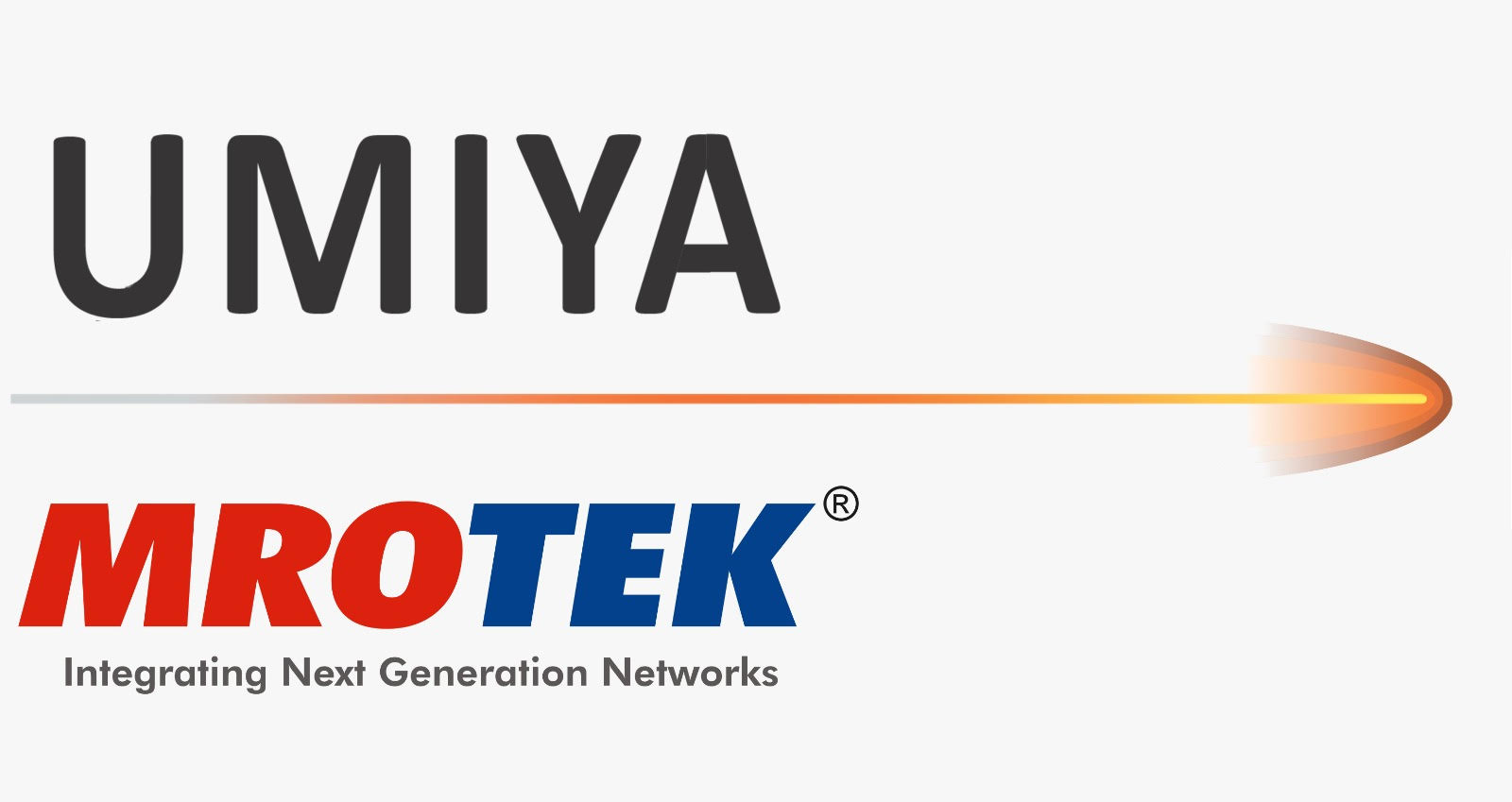
Recent changes to Windows 11’s 24H2 CPU requirements caused confusion, leading to incorrect reports that older Intel CPUs were no longer supported. However, Microsoft has now clarified that these reports were false.
The initial update to Microsoft’s support document was meant to recommend newer CPUs to OEMs, not to restrict older ones. As confirmed by Windows Latest, Microsoft has since updated the document again to explicitly list 8th, 9th, and 10th generation Intel CPUs among supported processors for Windows 11 24H2.
Older CPUs Still Supported, But OEMs Unlikely to Use Them
While the official support list includes older Intel CPUs, the document is primarily for OEMs, guiding them on what hardware to use for new PCs. That said, it’s unlikely manufacturers will release new Windows 11 24H2 devices with outdated processors.
For users with Intel 8th-gen or newer CPUs, there’s no need to worry—your PC remains eligible for the upgrade. You can check the official compatibility list to verify your CPU’s inclusion.
Bypassing Windows 11 24H2 Requirements Still Possible
If your PC doesn’t officially meet the requirements, you can still manually install Windows 11 24H2 via an ISO file. Microsoft previously provided a registry hack to bypass TPM 2.0 restrictions, but this method was removed. However, tools like Rufus can still help users bypass these checks, and Microsoft has yet to block this workaround.
Windows 11 24H2 Still Buggy, Consider Waiting
Despite its release, Windows 11 24H2 has faced several bugs and feature breakages, leading Microsoft to implement upgrade blocks for some systems. While patches have resolved some issues, the update isn’t entirely bug-free yet.
For those hesitant to upgrade, Windows 11 23H2 remains supported until November 11, 2025. With nine months to go, users may want to wait for further fixes before jumping to Windows 11 24H2.







